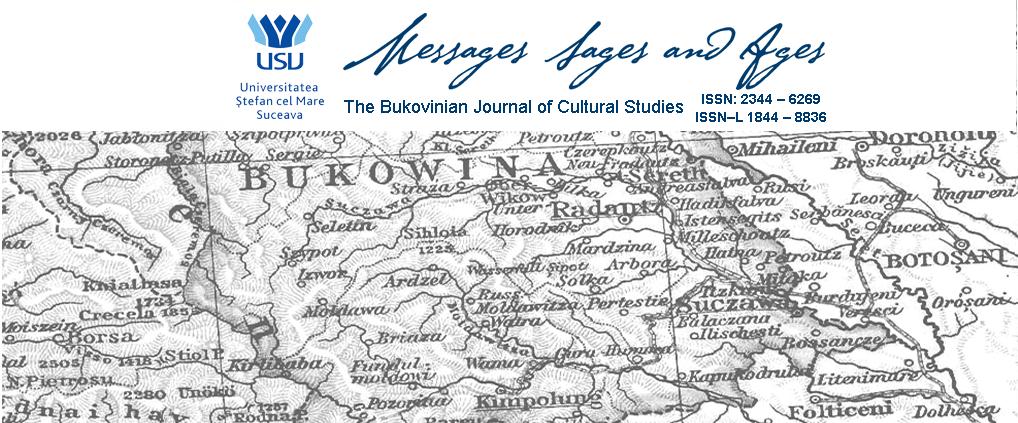The paper claims that conspiracy theories in Bulgaria are organized as a milieu rather than as a genre, and that, depending on their intensity, conspiracy theories can perform heterogeneous functions, which range from justification of political claims and popular mobilization to entertainment. Building on that conceptual framework, the paper illustrates the most prominent functional types of Bulgarian conspiracy theories. The higher-intensity theories are exemplified by the narratives of corruption and of the afterlife of the former communist secret services. The lower-intensity theories are illustrated by the fortunately short-lived question if the president of the United States has been abducted by aliens. The impact of the Bulgarian conspiratorial milieu on global theories is represented by the example of the Bulgarian modifications of the traveling narrative of the conspiracy of Jewish bankers. The emancipatory potential of the conspiracy theories is demonstrated by the example of the 2011 anti-GMO protests, motivated by narratives of conspiracy between the government and transnational corporations, which derived their energy from the associated milieu of ecological concerns.
Todor Hristov
Author
Todor Hristov is teaching cultural studies and critical theory at the University of Sofia, and sociology at the University of Plovdiv. His work focuses on late capitalist governmentality, biopolitics, social history, as well as on subjectivation, responsibilization, and emancipation in popular culture.
